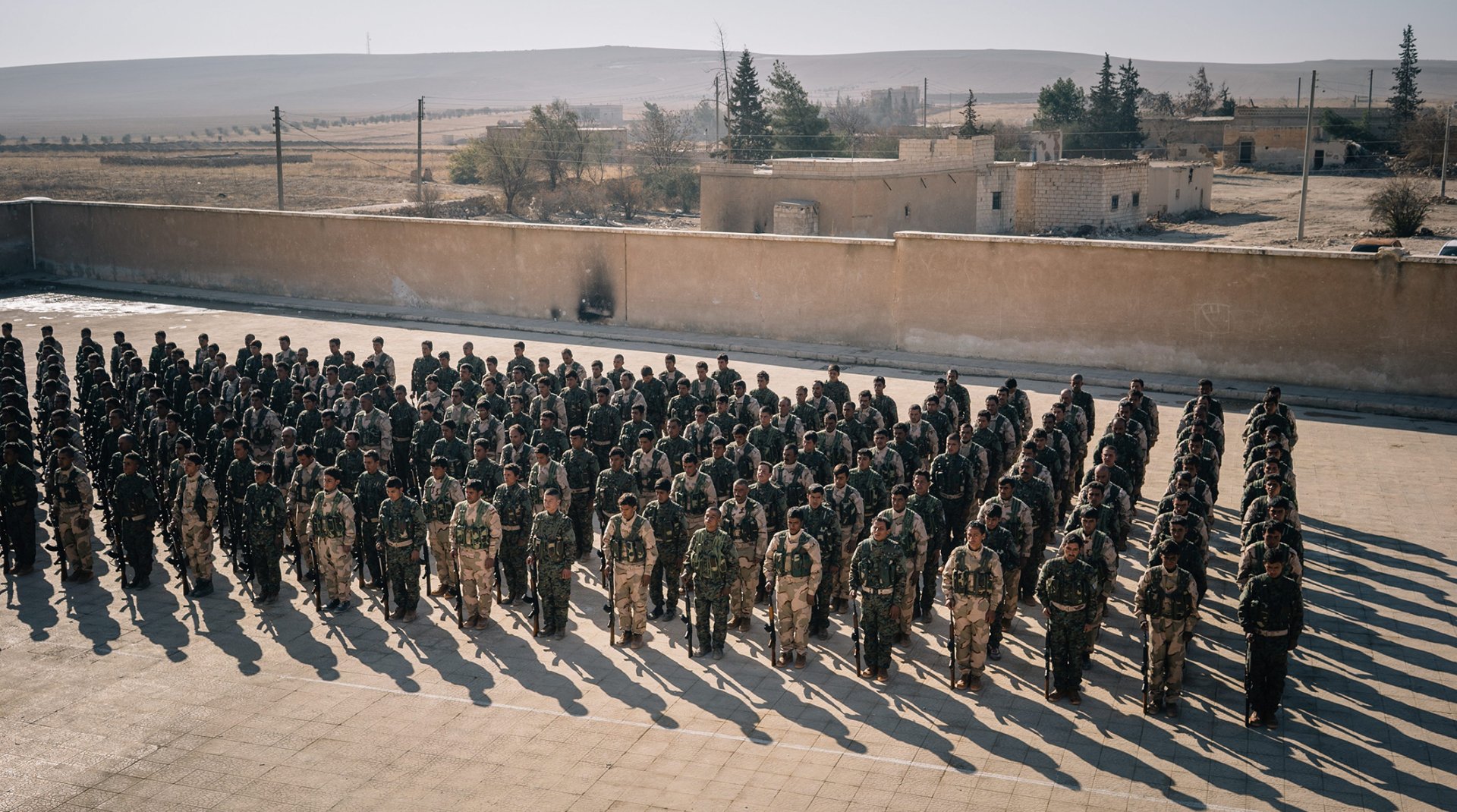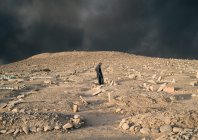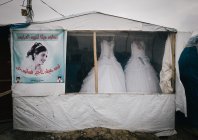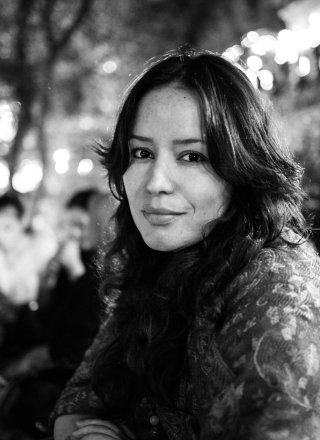
Welcome to Free Raqqa
Alice Martins
In the spring of 2013, the city of Raqqa was the first provincial capital in Syria which the government had lost to rebel forces since the beginning of the war in 2011 (and to this day it is still the only one). The mood was celebratory, and the rare foreign journalists arriving there were greeted by locals with a cheerful “Welcome to Free Raqqa,” even though the noise of fighter jets and bombs could be heard in the background.
For those who took to the streets calling for regime change after 40 years of brutal rule by the Assad family, Raqqa stood as a sign of hope and a small example of what a post-Assad Syria might look like.
But the joy did not last long as ISIS, slowly but surely, began to assert control over the city, starting by detaining and executing any locals who opposed them and were seen as influential. Military commanders affiliated with the Free Syrian Army, mostly moderate armed groups fighting against government forces, were the first to be targeted.
Then ISIS turned against members of Ahrar al-Sham, an armed Islamist opposition group which, for several months, had taken over the administration of Raqqa; then it was not until it was too late that the leaders took the threat of ISIS seriously. And so, in early 2014, ISIS seized control of the city of Raqqa, claiming it as the capital of the so-called Islamic State which, over the following months, was to include new expanses of territory which the group came to control.
Preview



Across the border in Iraq, ISIS captured Mosul, the second-largest city in the country, achieving this almost overnight in mid-2014. It was a stunning defeat for the Iraqi security forces whose members were seen fleeing the city in droves, even though they massively outnumbered the insurgents.
Three years later, in mid-2017, Iraqi security forces finally recaptured the city after a brutal US-led military operation that destroyed much of the city and killed thousands of civilians. A year on, a broken and corrupt justice system has failed to gain the trust of the people who are divided by fear and revenge attacks. Today many still see the same circumstances that let ISIS move into Iraq in the first place.
In Syria, in Raqqa, several months after the US-led military operation in late 2017 that drove ISIS militants from their stronghold, members of the civil defense team were still working tirelessly to retrieve bodies of victims of the airstrikes.
Buildings where only a single ISIS member had been spotted were often targeted, even when it was known that civilians were being used as human shields. Residents returning to the shattered city can only wonder: was all the death and destruction justified, all in the name of freedom?



